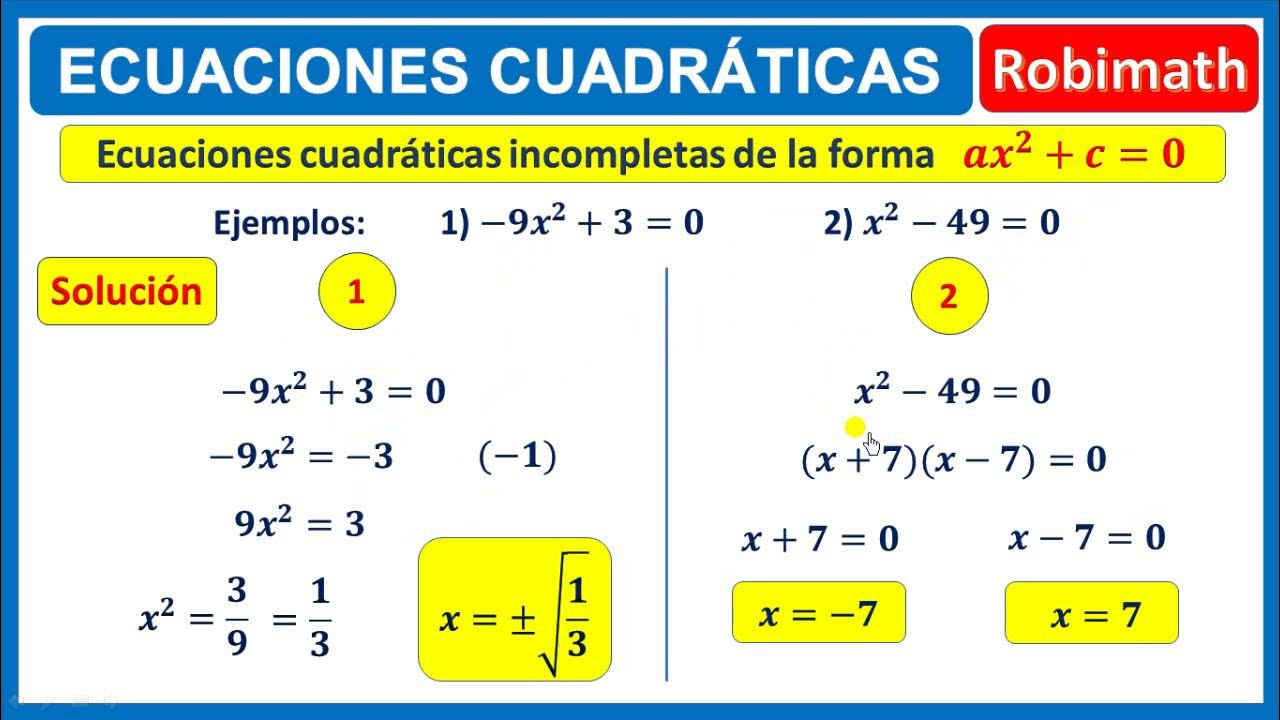Cara Membuat Literature Review Tiga Tips Mudah | Tirta Mursitama
Summary
TLDRIn this video, Prof. Tirta provides a step-by-step guide on how to write a simple yet effective literature review, specifically aimed at students working on academic papers like theses or dissertations. He breaks down the process into three main stages: summarizing key points from relevant articles, evaluating and comparing findings, and connecting articles to identify patterns or contradictions. By focusing on journals and research articles, students learn to structure their reviews logically. Prof. Tirta emphasizes practice, organization, and understanding the purpose of a literature review to help students succeed in their academic writing.
Takeaways
- 😀 A literature review is an essential part of academic writing that shows the position of your research in the context of existing studies.
- 😀 The main goal of a literature review is to understand what has been done in the field and identify gaps for your own research.
- 😀 The first step in writing a literature review is to collect relevant sources, primarily academic journal articles and research-based books.
- 😀 Journal articles are preferred for literature reviews because they are more current and follow the latest developments in research.
- 😀 Summarizing each article is the next step. Focus on key elements like title, abstract, methodology, findings, and implications.
- 😀 A good summary highlights big ideas, key themes, and research findings in a concise way (about one page per article).
- 😀 After summarizing, the next step is to evaluate and compare the findings from different articles, looking for similarities or differences.
- 😀 Organizing your evaluation in a table can help compare the articles easily based on their title, author, methodology, and findings.
- 😀 The final step is to connect the articles by identifying patterns, contradictions, or complementary findings across different studies.
- 😀 By linking different articles, you can identify trends, gaps, and position your own research within the broader academic discussion.
- 😀 Prof. Tirta emphasizes that writing a literature review requires practice, and while it may seem difficult, it is an essential skill for academic success.
Q & A
What is the purpose of a literature review?
-The purpose of a literature review is to gather and summarize existing research on a topic, positioning your own study within the context of what has already been discovered. It helps to identify gaps in knowledge and provides a foundation for your own research.
Why is a literature review important for academic writing?
-A literature review is important because it allows the researcher to understand the existing body of knowledge on a subject. By reviewing previous studies, researchers can identify trends, challenges, and opportunities, helping to define the direction of their own research.
What are the three key steps in writing a literature review?
-The three key steps are: 1) Summarizing the literature, 2) Evaluating the literature, and 3) Synthesizing and connecting the literature.
What does it mean to 'summarize the literature' in a review?
-Summarizing the literature means to read and condense the key ideas from the articles or books being reviewed, focusing on the main findings, methods, theories, and implications. The summary should be concise and highlight the most significant aspects of each work.
How should a researcher evaluate the literature they are reviewing?
-To evaluate the literature, a researcher should compare the findings, methodologies, and theories across different studies. This can be done by creating a table or chart to compare aspects such as research methods, theoretical approaches, and results.
Why is it important to compare articles when evaluating the literature?
-Comparing articles helps identify commonalities and differences in findings, methodologies, and theories. This comparison reveals trends in the field, highlights conflicting results, and can guide the direction of future research.
What is the purpose of synthesizing the literature in a review?
-Synthesizing the literature involves connecting the findings from different studies to create a cohesive narrative. This process helps to identify patterns, contradictions, and gaps in the literature, and clarifies how your own research fits into the broader academic conversation.
How can a researcher connect articles in a literature review?
-A researcher can connect articles by identifying similarities or differences in their findings. This involves showing how the studies align or contradict each other, and explaining the significance of these relationships to your own research.
What is the importance of practicing the steps of summarizing, evaluating, and synthesizing in literature review writing?
-Practicing these steps is essential because they help build the skills necessary for a thorough and well-organized literature review. Over time, practice ensures that researchers can efficiently condense, evaluate, and connect research articles, leading to a more insightful and comprehensive review.
How does synthesizing the literature help in positioning your research?
-Synthesizing the literature helps position your research by showing how it aligns with or diverges from existing studies. It also highlights the unique contribution your research will make, identifying the gaps your study aims to fill.
Outlines

This section is available to paid users only. Please upgrade to access this part.
Upgrade NowMindmap

This section is available to paid users only. Please upgrade to access this part.
Upgrade NowKeywords

This section is available to paid users only. Please upgrade to access this part.
Upgrade NowHighlights

This section is available to paid users only. Please upgrade to access this part.
Upgrade NowTranscripts

This section is available to paid users only. Please upgrade to access this part.
Upgrade NowBrowse More Related Video

Ecuaciones cuadráticas de la forma ax2 + c=0

Memahami Conversion, Cara Menghitungnya dan 3 Cara Meningkatkan Conversion Rate Digital Marketing

Prof. Ali Saukah: Kemitraan Pembelajaran untuk English DL (PM)-Eps.1 @Suyantoid

FUNÇÃO DO 1 GRAU | FUNÇÃO AFIM | \Prof. Gis/- AULA 1

Kontribusi BINUS dalam Memperkaya Riset untuk RI | JURNAL BINUSIAN

PROF RACHMAT KRIYANTONO (PROF RK); ISU, KRISIS DAN PUBLIC RELATIONS, STUDI KASUS ARLA
5.0 / 5 (0 votes)